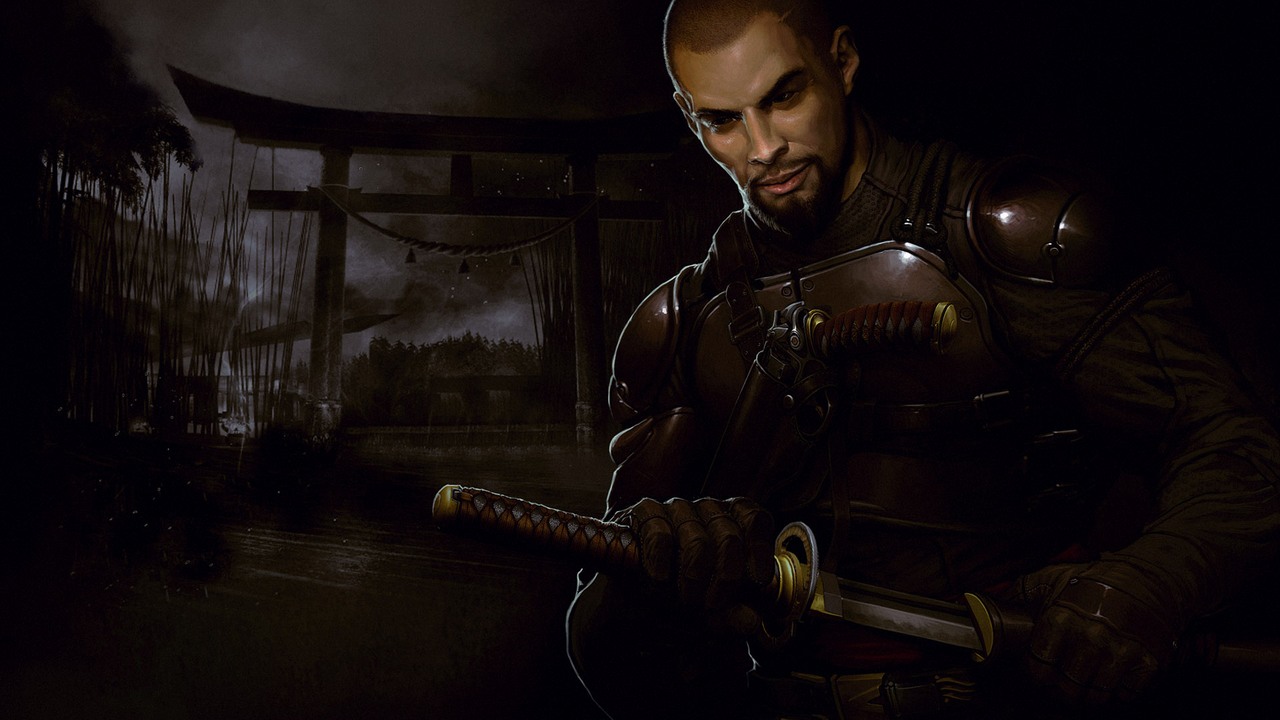Originally posted by Kemosabe
View Post
Teams that use their own engine will have more work to do though. That said, OpenGL will not vanish; you can ship your games with tested OpenGL code and release Vulkan support any time later...


Comment